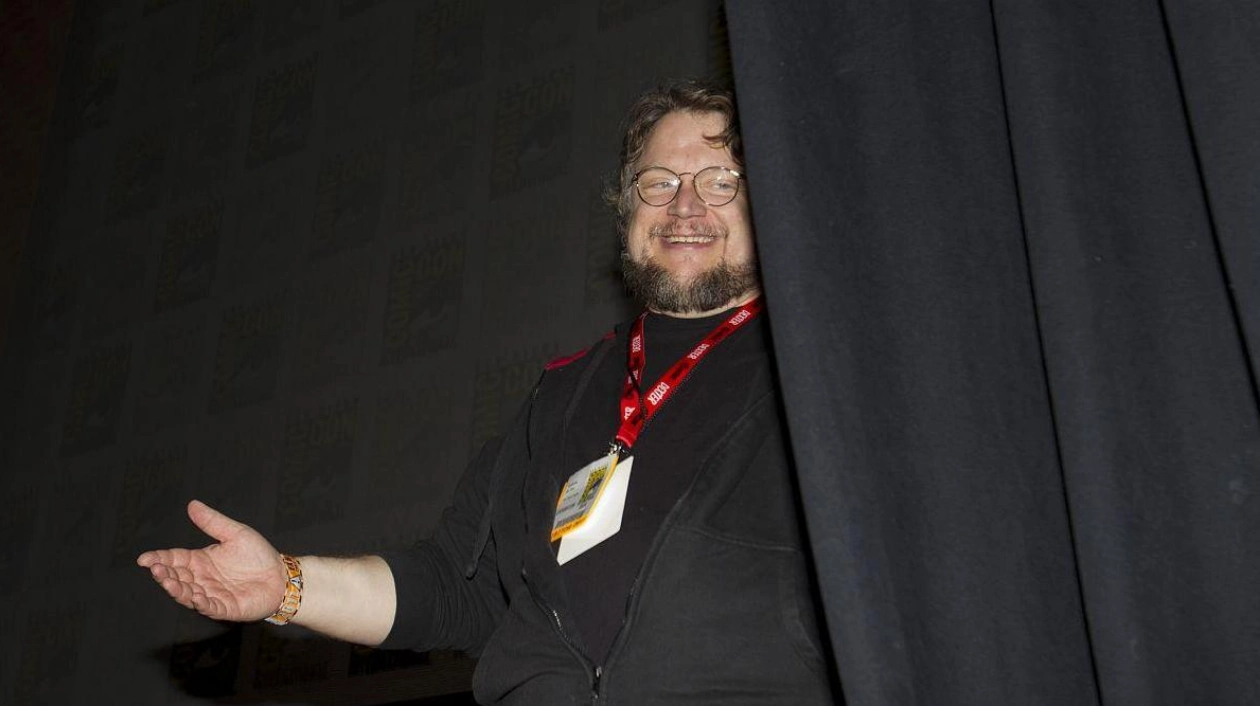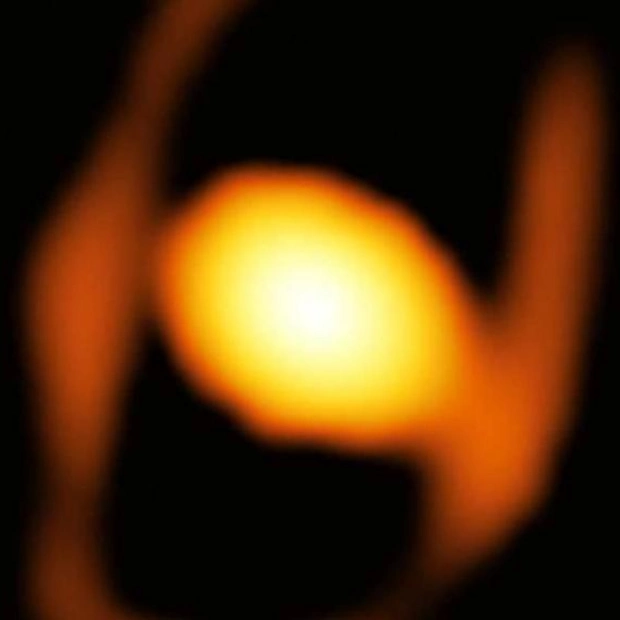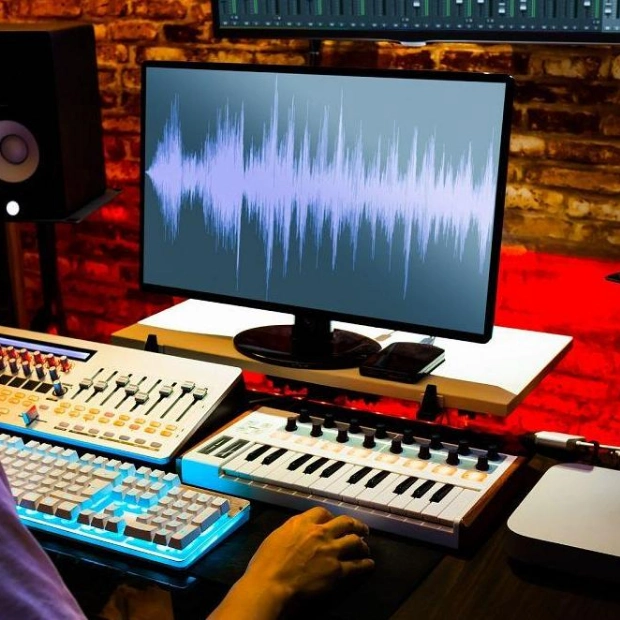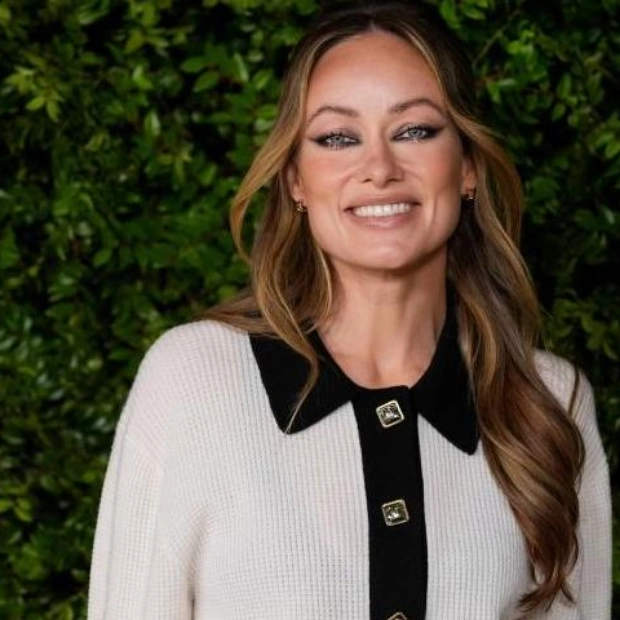As the use of AI continues to spark debates and controversies in the art world, some creatives and directors are voicing their concerns about the impact of artificial intelligence on their fields. One notable figure is Guillermo del Toro, who recently discussed AI during a talk at the BFI in London. "AI has shown that it can create semi-compelling screensavers," he remarked. "But that's about it." The acclaimed Mexican director, known for films like Pan’s Labyrinth and The Shape of Water, expressed skepticism about AI's ability to replicate genuine human expression or evoke the same emotional response as human-made art. "The worth of art isn't determined by its cost or the ease of its creation," he asserted. "It's about the personal risk one takes to experience it." He further questioned, "How much would people pay for those screensavers? Will they cry over them, remembering a lost child or a wasted youth? Absolutely not!" Del Toro's views are hardly surprising, but they are clearly articulated. When Euronews Culture interviewed him last year, he criticized "emoji-style" animation, where characters are always "happy and sassy," as superficial. He prefers to see "real life in animation" and believes there's no time to waste. "I think it's crucial to depict real life in animation. Emotions are often reduced to a teenage rom-com, almost emoji-style behavior. If I see a character raising an eyebrow or striking a sassy pose, I find it irritating. Why does everything seem like it's from a sitcom? I consider it emotional pornography. All families are portrayed as happy and sassy, with everyone having a one-liner. My dad was boring, I was boring, everyone in my family was boring. We didn't have one-liners. We were all messed up. That's what I want to see animated. I believe it's urgent to show real life in animation." However, at last year's Annecy Animation Film Festival, del Toro cautioned against corporate ignorance rather than artificial intelligence. "When people express fear of AI, I tell them not to fear any intelligence; fear stupidity," he shared. "Every intelligence is artificial. Stupidity is natural, 100 percent organic. Fear stability, that's the real enemy." Despite this, he emphasized his preference for avoiding digital sets and effects whenever possible: "I believe we need things made by humans to reconnect with the human spirit. I adore things that appear handmade. I detest perfection." Del Toro is currently working on Frankenstein, produced by Netflix, marking his first feature film since 2022’s Pinocchio, which won the Oscar for Best Animated Feature. This marks his third Academy Award, having previously won Best Picture and Best Director in 2017 for The Shape of Water.

Text: Lara Palmer
25.09.2024
The renowned director discusses the limitations of AI in art and the importance of human expression.





